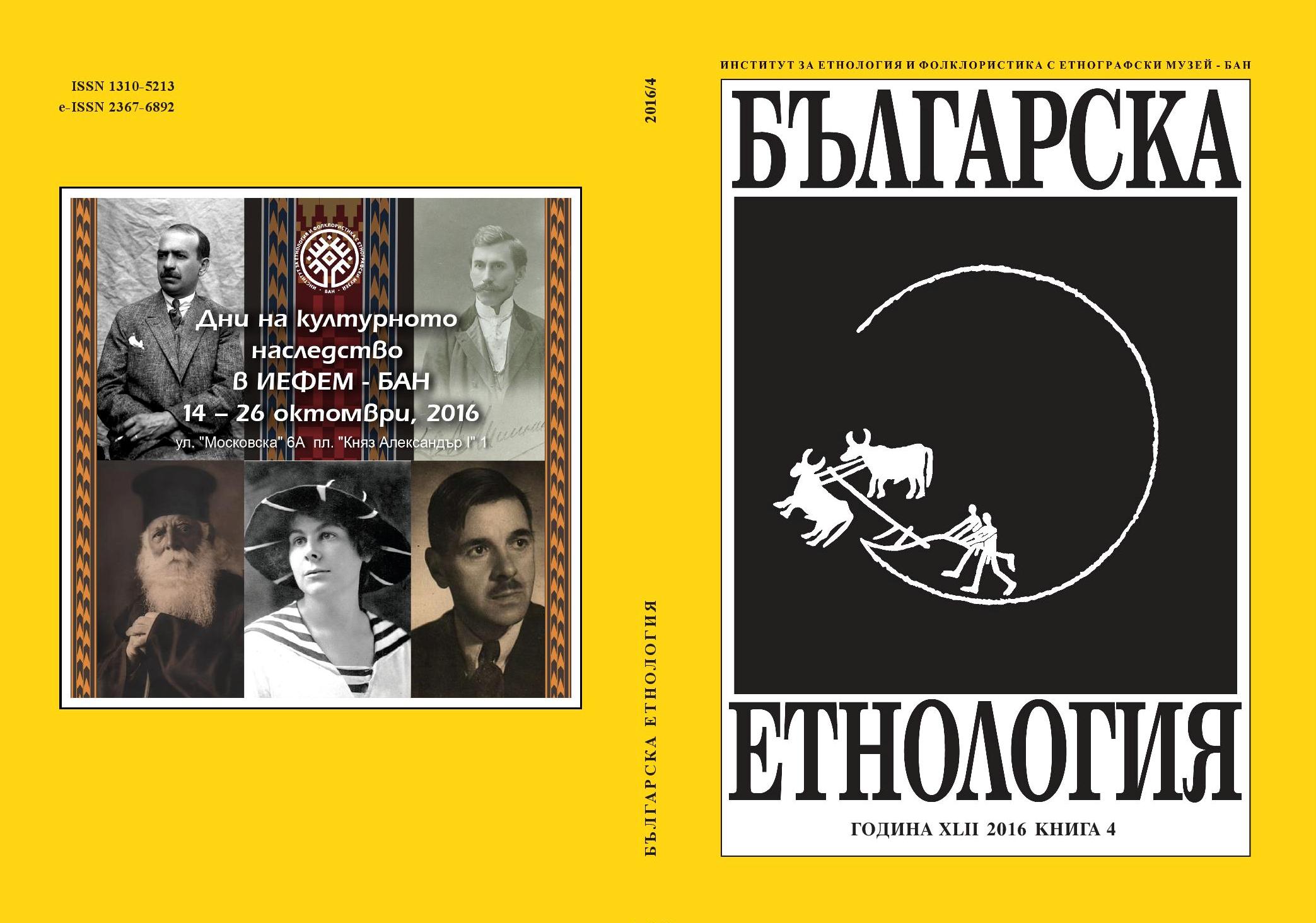
We kindly inform you that, as long as the subject affiliation of our 300.000+ articles is in progress, you might get unsufficient or no results on your third level or second level search. In this case, please broaden your search criteria.

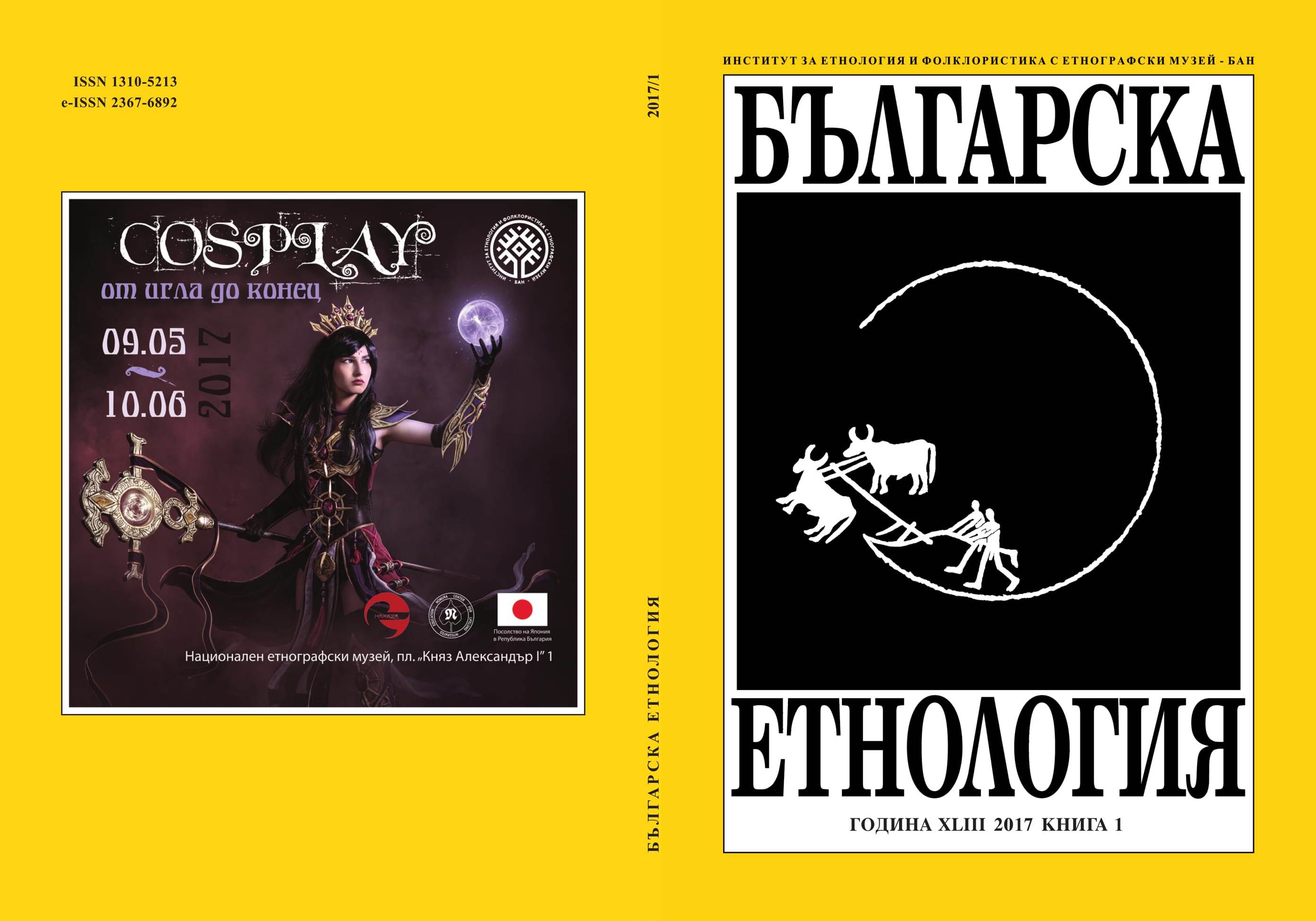

The article is part of a series of observations related to the problem of the identity construction of the Easteauropean emigrants/immigrants “in the West” (Europe andUSA) before and after the “democratic changes”. Here, the author examines the first case (the second one is published in the second volume of the thematic issue “The Road”) which is based on materials from Estonia. The article shows the specifics of the Estonian labour mobility to Scandinavia in the context of the identification “main stays” developed by the Estonian society and related to the so-called popular religion and the neo-paganism which form a “working” national narrative.The article is based on the fieldwork of the author, published sources and Internet materials.
More...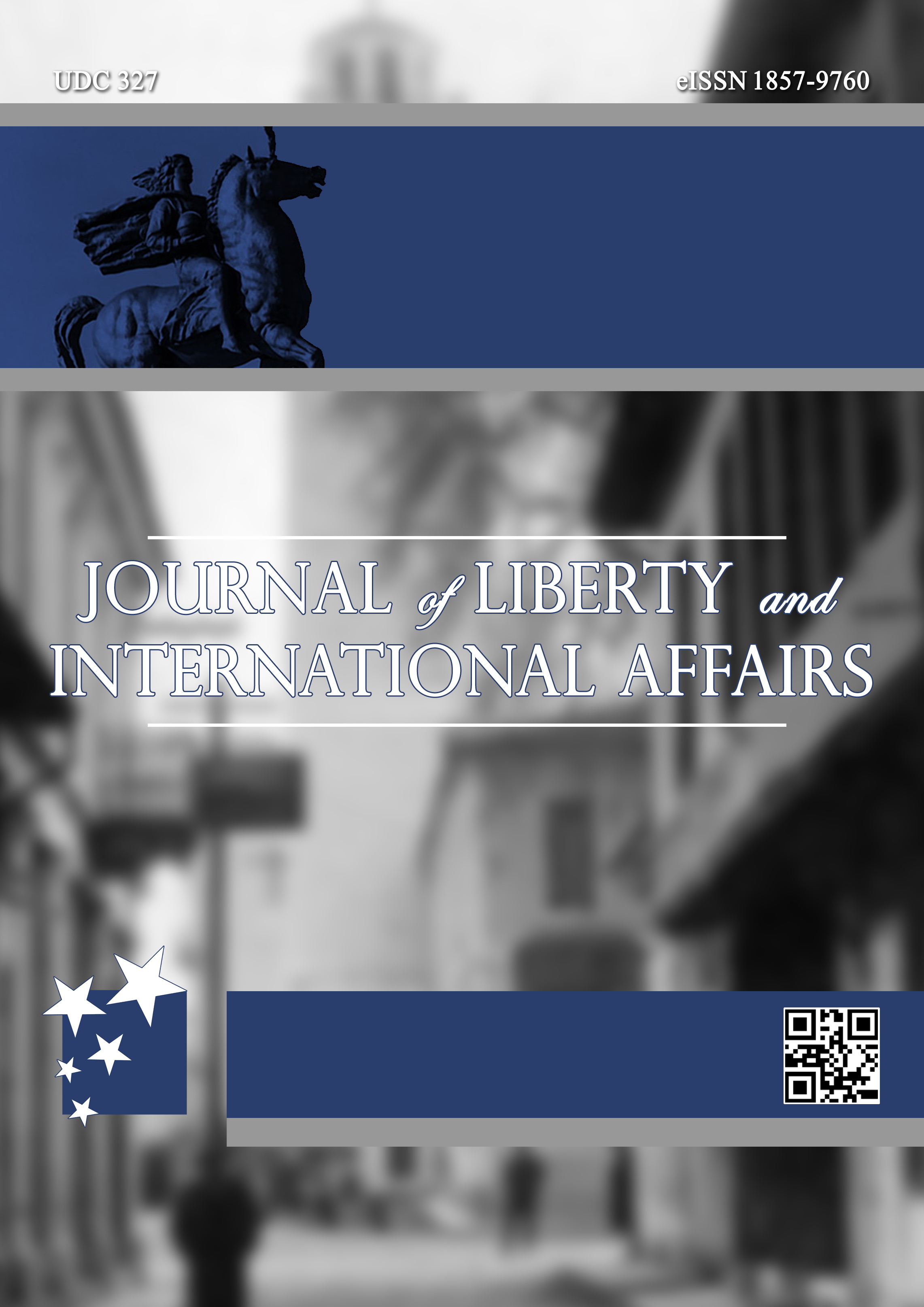
The modern Turkish state is a typical nation-state, as it is originally defined by the Westphalian international political and legal order. This essential feature of the modern Turkish nation-state is the product of the theoretical concept and the fundamental political and ideological principles and postulates of Kemalism (Kemal Ataturk), that is, the paradigm of the modern Turkish constitutionality and the modern Turkish determination of its national identity. This national identity is the identity of a nation-state, that is, the identity of a nation as a political nation, as a citizens of the modern Turkish state (nation-state). The modern Turkish national identity in this sense does not have its own classical ethnogenesis, that identity is not an ethno-national identity, but it is identity of a true nation-state that includes in itself all the special ethno-national identities, united as a Turkish national identity of a nation-state. The ethno-national identity for the paradigm of the modern Turkish national identity is exclusively only private and personal determination of individuals citizens of the modern Turkish nation-state, which does not recognize, accept or admits the constitutional-legal order of the modern Turkish state. More over, these ethno-national identities have treatment of a factor of essentially jeopardizing the integrity and cohesion of the modern Turkish nation-state.
More...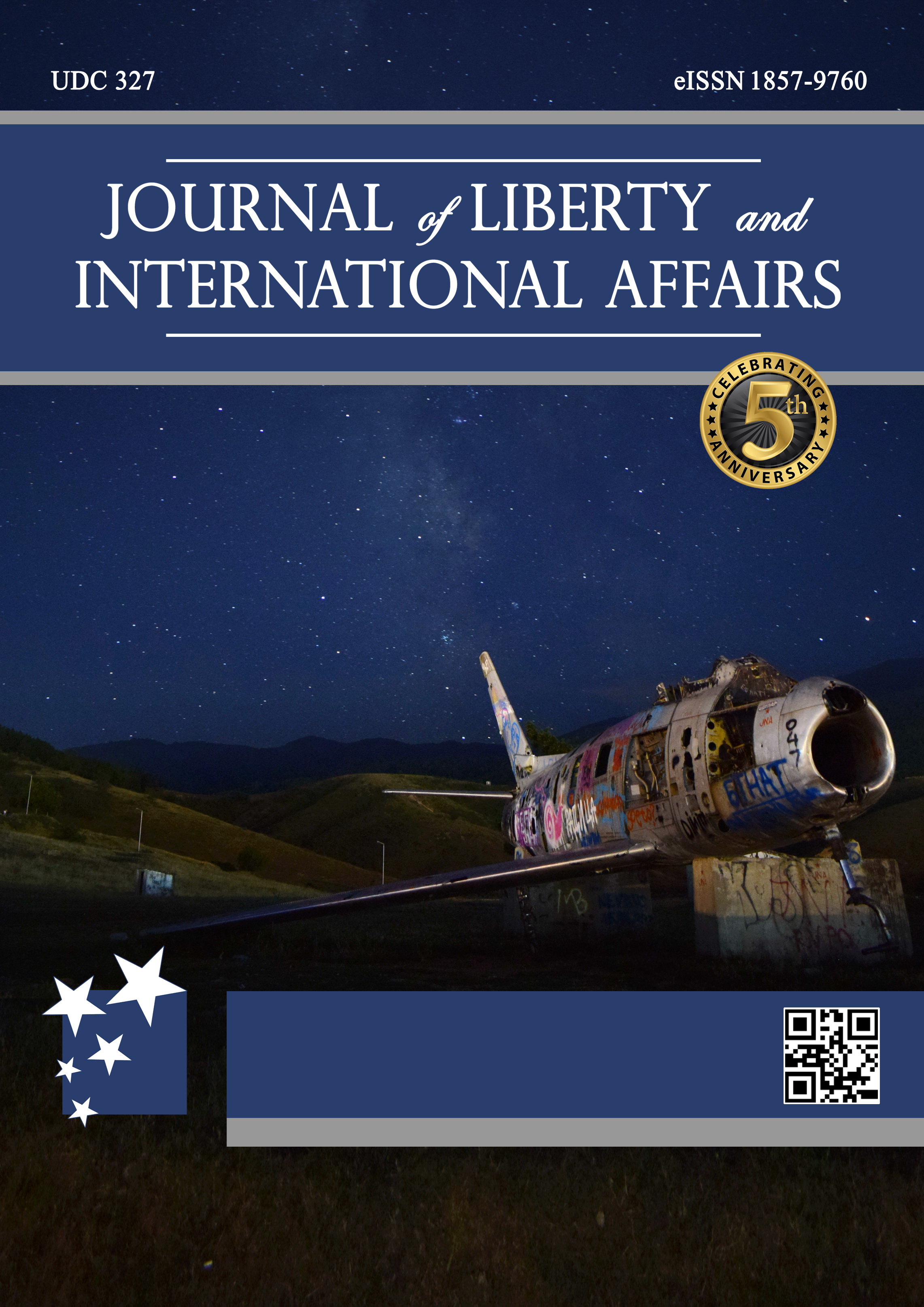
The gender-based violence in recent times has become an integral part of the on-going Boko Haram Insurgency in North-East Nigeria. Since the full-scale declaration of combat between the Nigerian state and the insurgent group, the asymmetrical tactics of the group have been evolving, based on its capabilities. The recent spike in the targeted raid and attack on female schools, markets, and female institutions purposely for abduction and kidnapping of women and girls indicated this assertion. Due to the depletion of its fighters and loss of territories, there is a surge in mass deployment of ‘women and young girls’ as material instruments of warfare: fighters, suicide bombers, human shields, bargaining tools, sex slaves, informants, and so on. This article appraises the gender push-pull factors responsible, motivation behind the current behavior, and proffers some policy guidance.
More...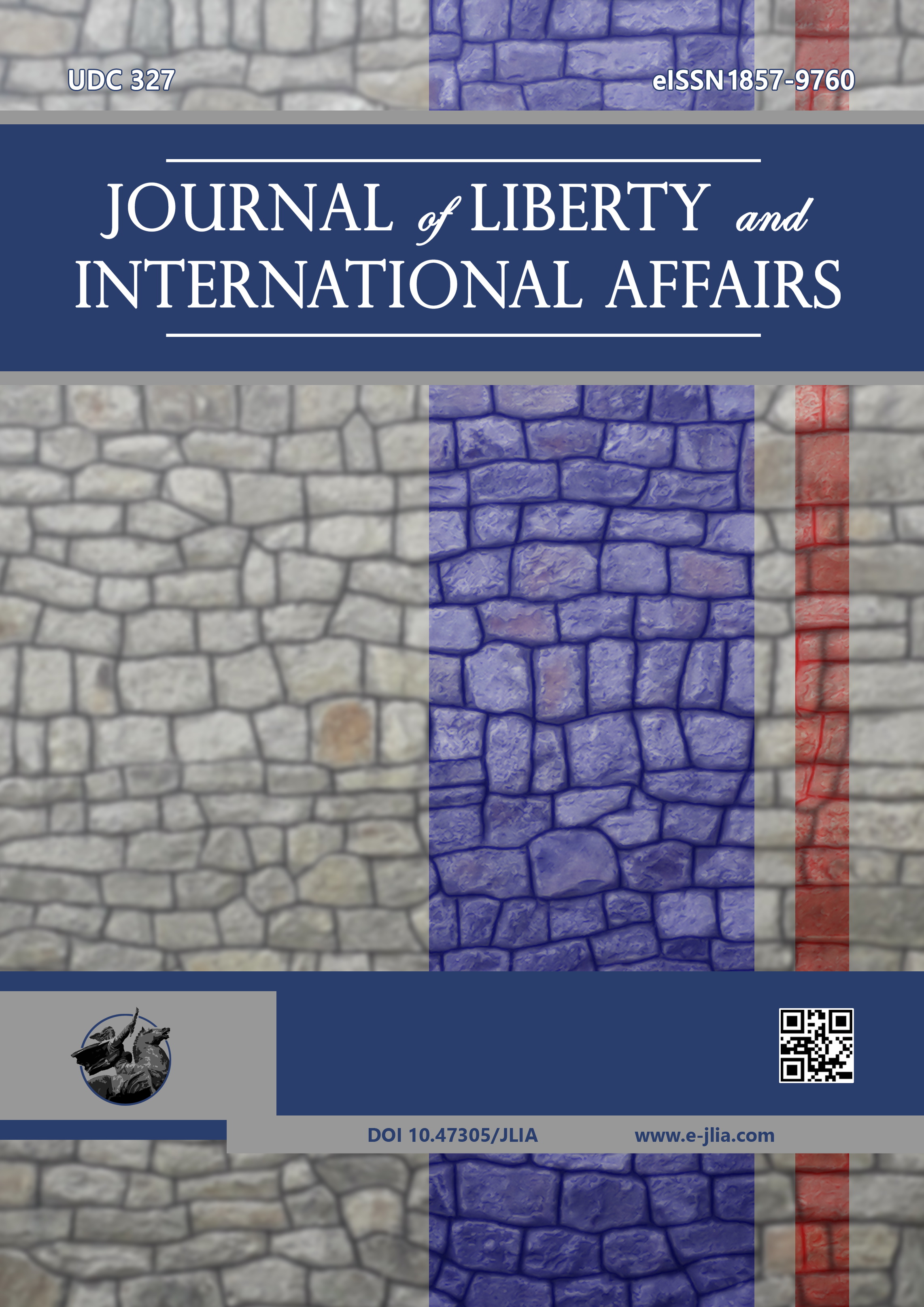
The paper aims to analyze the ongoing situation in the European Union member countries caused by modern migration flows. It shows the real impact of refugees and migrants on European demography. It describes the future scenarios of global demographic and social challenges, which lead to the socio-economic and political crisis, and the failure of European political elites. The study mainly is based on the following research methods: descriptive, statistical, and analysis. The basis of the source represents the books, scientific articles, empirical and press materials, documents published on official websites in the field of migration policy. The essence of the modern migration in Europe became very acute since the current migrants are mostly followers of Islam, which in all its aspects and completeness is currently one of the most urgent topics, and draws the special attention of political circles and international clubs. Muslims in Europe are, first, immigrants whose influx into the European continent has seriously changed its demographic picture and political situation. In this regard, it should be said that the growing number of Muslims in Europe is causing certain demographic challenges that significantly affect the European socio-cultural situation, and lead to the financial and political crisis.
More...
This paper is focused on the Albanian electoral system, its total inclusion approach, protection and promotion of gender characteristics, historical and legal developments on the gender quotas necessity, the comparison in time and space, the barriers and opportunities to promote gender politics in public and social area in Albania. The methodology will consist of a comparative analysis of legislation, the international legal framework, recommendations of international institutions, policy papers on identifying the causes why higher gender representation in politics produces estimated results in the public area, social and economic development. Analysis of the circumstances, historical periods, social and economic impact in legal amendments would be another methodology component. Gender quotas provide a critical minority of women, from 20% to a gender balance of 50%, either as an education of the community to face with real gender balance in common life.
More...
Since 2009 Russia has increased its military forces in Abkhazia and South Ossetia and pursued the policy of ‘creeping annexation in the occupied territories of Georgia. Today, 20% of Georgian territories are occupied by the Russian Federation. The Russian-baked separatists continuously erect barbed-wire border posts in one of the occupied regions of Georgia-South Ossetia and detain Georgian people, under the pretext of ‘illegally crossing the border’. Fundamental rights of the local population are violated daily since the occupants install barbers through people’s houses, gardens, and cultivated lands. Innocent citizens are forced to leave their homes, belongings, and cultivated lands that are left beyond the occupants’ demarcation line. The paper argues that along with other global challenges of the world, the USA-Russia clashes of interests are also found with the Georgian conflicts. While Washington hugely supports Georgia’s territorial integrity and welcomes its Euro-Atlantic aspirations, the Russian Federation, on the contrary, prevents the aforementioned process and directly opposes Georgia’s integration into NATO. The USA condemns Russia’s creeping annexation of Georgian territories and continuously calls on Russia to respect the sovereignty and territorial integrity of an independent country. Furthermore, the USA-Russia relations have considerably deteriorated following Russia’s military intervention in Georgia and the recognition of Abkhazia and South Ossetia as independent states.
More...
This paper explores the state of minority rights in the three Central Asian countries of Kazakhstan, Kyrgyzstan, and Uzbekistan. These countries share a lot of similarities in terms of their post-Soviet authoritarian legacy and weakness of democratic institutions. The repressive political landscapes of the Central Asian states have taken their tolls on minority groups, leaving them discriminated against, mistreated, and severely disadvantaged. Minority rights violations range from ethnic and religious discrimination to state-sponsored homophobia. Even though the leadership changes have positively affected the state of human rights in the three countries, there is still a slow pace of reforms. Overall, domestic changes in Uzbekistan, Kazakhstan, and Kyrgyzstan have not yielded considerable results so far in terms of alleviating the plight of minority groups across these countries.
More...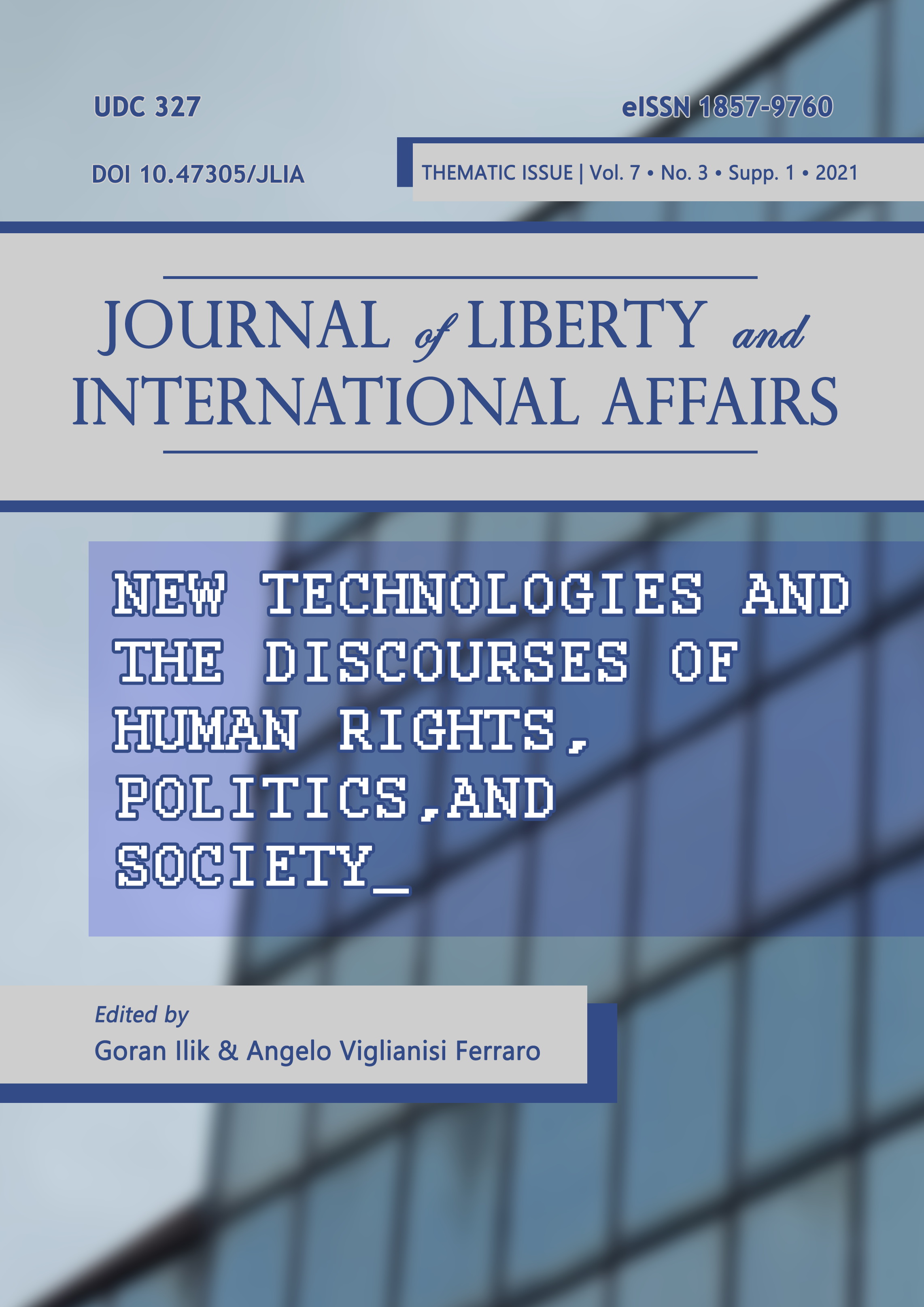
Modern societies are associated with the constant flow and acceptance of information and communication technologies at home, in the workplace, in the process of education, even in recreational activities. The development of new technologies has not only challenged human rights, but also politics and society in general. Even more importantly, this new technological level has also empowered transnational corporations operating in the digital environment as hosting providers to perform quasi-public functions in the transnational context. New technologies have the potential to make significant positive contributions to the prevention, promotion, and protection of human rights and democratization, decentralization, and digitalization of politics and the advancement of society as a whole.
More...
The term soft power has become a catch-all-phrase for public and cultural diplomacy since Joseph Nye introduced it in 1990. India has had several historical and cultural advantages regarding its influence in foreign countries. While India and Indians enjoyed goodwill in most countries, the sudden interests in India among the policymakers, businesses, and politicians were mainly after the 1992 economic liberalization that had opened the Indian markets to foreign investments. Besides the nation-branding exercises globally, New Delhi employed soft power instruments in countries it deemed to have more significant interests, from traditional allies like Bhutan and Afghanistan to the countries in the West in the last three decades. Nevertheless, how successful has India been in exploiting its cultural linkages and using its soft power in its branding? This question becomes pertinent as, in recent years, India has often received negative press coverage in international media, and on several freedom/democratic indices, its rankings have gone down. As India celebrates 75 years of independence as Azadi ka Mahotsav (a grand celebration of independence), this paper assesses the scope of its soft power as a foreign policy instrument, points out its shortcomings, and recommends the possibilities.
More...
In this work, we have studied the evolution of the Ukrainian refugee crisis in Europe during the first several months after the beginning of the armed conflict on 24 February 2022. We have also talked about the influx of Ukrainians into Bulgaria, where there has reportedly been the biggest wave of refugees in recorded history. By using official statistics and structured interviews with Ukrainian refugees in Bulgaria, we have analyzed the specific evolution of the immigrants, their profile, and the governmental policies for better integration of them into the labor market and within the society. Our key arguments are mainly related to the fact that such policies must be successful for most Ukrainian immigrants and refugees due to the similarities between Ukraine and Bulgaria regarding traditions, education, and historical ties. Our conclusion confirms these arguments but also mentions several problems related to the low wages, the limited childcare, and the heavy bureaucracy.
More...
Southeast Asia is one of the places where fierce rivalry is taking place between the two leading powers in the world today - the US and China. The US-China rivalry in this region takes place in key fields, from politics - diplomacy, economy, security - defense to “soft power”, the most prominent of which is the South China Sea issue. This article analyzes the strategic importance of the South China Sea in the policy of the US and China, the competition between the US and China in Southeast Asia in general, and the South China Sea in particular. To achieve this goal, the authors use research methods in international relations to analyze the main issues of the study. In addition to reviewing previous scholarly research and reviews, the authors use a comparative approach to assess the interactions between theory and data. The authors believe the data is important for accurately assessing the strategic competition between the US and China in Southeast Asia and the South China Sea. The rise of China in the early years of the XXI century strongly influenced the adjustment of the US policy in Southeast Asia and the powerful US-China rivalry in this region and the South China Sea. This rivalry is becoming increasingly complicated, and geopolitical conflicts between major powers are possible in the following years.
More...
The process of recognition of Kosovo has continuously declined since the Declaration of Independence until 2021, the period covered in this paper. This process is characterized by external structural obstacles, as well as internal non-structural ones. Applying the content analysis method and semi-structured interviews, the paper emphasized that the main structural obstacle was the inability to accept the Ahtisaari Plan from the UN as a compromise choice. On the other hand, the non-recognition of the state of Kosovo by Serbia (supported by Russia) resulted in the division of the states into two large groups: “pro” and “contra” recognition. Meanwhile, due to these extreme divisions, a third group of states sees the recognition of Kosovo as an opportunity to solve the previous obstacles. Thus, Serbia has established clear schemes to hinder the development of the process, first by sending the case of Kosovo to the ICJ and later by presenting the Kosovo-Serbia negotiation as status negotiations. Meanwhile, the internal political instability in Kosovo and the wrong political approach towards potentially recognizing states are evident as non-structural obstacles in achieving new recognition.
More...
This study examines the evolution of Ukrainian refugees during the first year after the start of the full-scale armed conflict on 24 February 2022, which resulted in a severe humanitarian crisis and high levels of migration both within Ukraine and towards Europe. Using official statistics, the changes in border crossings from Ukraine to neighboring countries during the first year of the conflict are investigated. Additionally, surveys conducted with Ukrainian refugees in several European countries and author interviews conducted in Bulgaria, Spain, and Germany reveal the specific needs of refugees and the main challenges to successful integration into host labor markets and societies. The Temporary Protection Directives and other local protection programs are analyzed in this study, accompanied by a comprehensive discussion on similar initiatives. The primary conclusion drawn from this research affirms the presence of substantial challenges in the successful integration of Ukrainian refugees into host societies, despite the efforts made by the respective governments.
More...
The way allied Western nations protect their interests has been a major problem and factor in the demise of governance and democracy in the Nigerian state and other African nations. This has made Nigeria’s democracy, like that of other African countries, unstable since independence. Therefore, this article examined Western imperialism, which used religion as a tool and barrier to a strong, viable democracy in Nigeria. The article used critico-historical analysis as a method. The results showed that although Western imperialism and globalization, along with religion, have an expansionist and civilizing nature, they have also exhibited traits of dominance over other countries and systems of governance, thus making democracy weak and less rewarding. We argued that Nigeria’s democracy and religion must be independent and self-sufficient to avoid Western exploitation and imperialism and provide a context for religious inculturation. We concluded that for Nigeria and other African nations to thrive in true and strong democracies, religion should be decolonized through pulling down colonial religious presumptions, de-internationalization of religion, reorientation of religious education, restoration of indigenous languages, authentication of religious freedom, non-governmental funding of religion, and provision of theologically motivated research to a more legitimate position within religionism.
More...
This paper explores the state of religious freedoms in Putin’s Russia, with a special emhasis on the Kremlin’s intensifying efforts at establishing Orthodox monopoly. It is an in-depth case analysis that uses policy and discourse analysis to examine the state of religious freedoms in Russia. It suggests that anti-extremism law has become an instrument of state control over a wide array of speech or activity. Through state-supported legislation, the authorities censor religious life to prevent the rise of anti-government sentiments. The groups most affected by the government’s anti-religious policy are “non-traditional” religious groups, facing hardships in exercising their rights and freedoms. Their activities are increasingly banned on the grounds of “extremism” and “terrorism”. Russia’s tightening of legislation on extremism has been combined with its withdrawal from the Council of Europe, which poses additional threats for religious communities by eliminating any international scrutiny over the government’s actions. This paper concludes that while Russian history has been traditionally characterized by religious intolerance towards small denominations, the intensifying crackdown on religious freedoms is part of the Kremlin’s policy of ensuring a monopoly across the country for the Russian Orthodox Church.
More...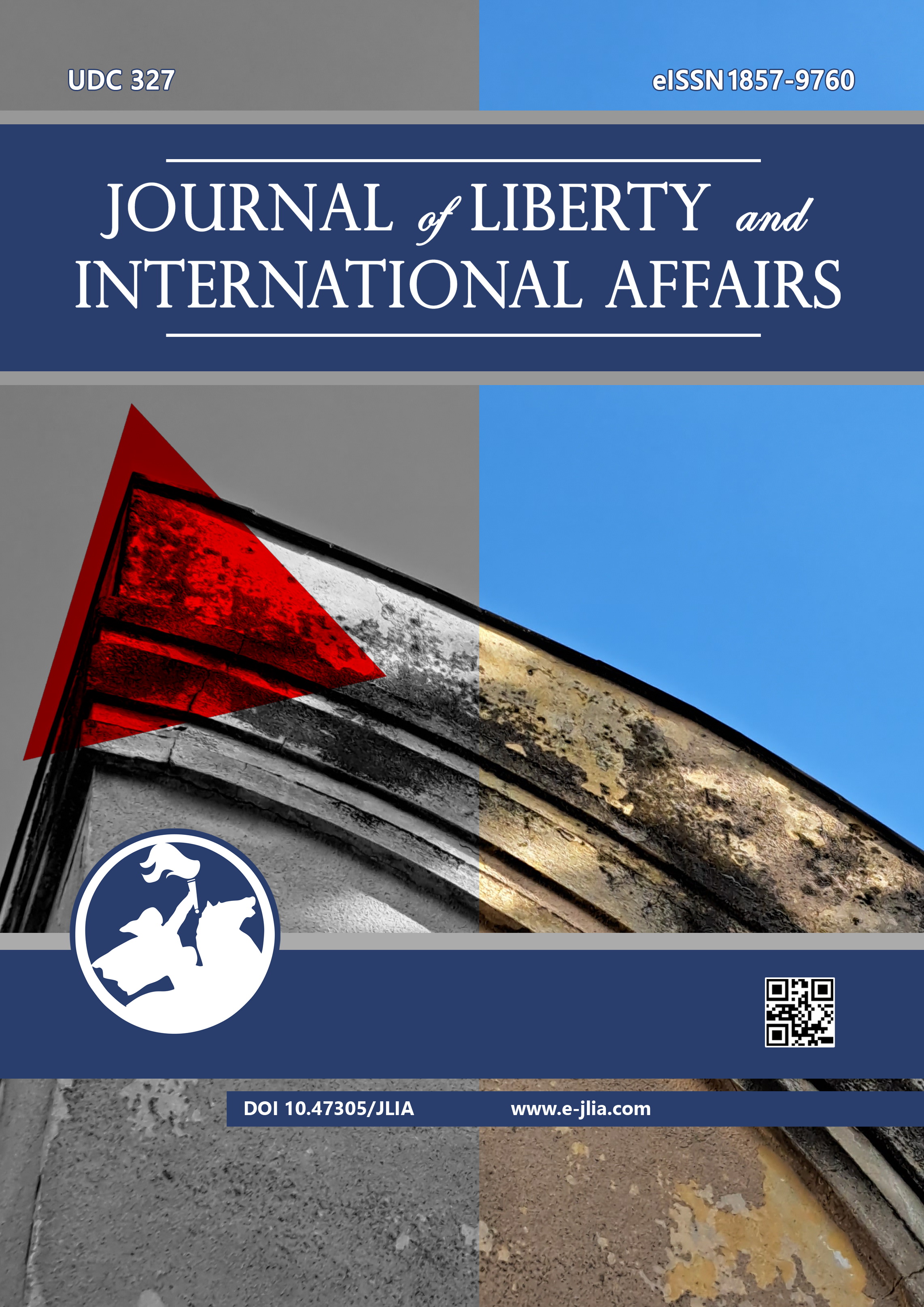
The invasion of Ukraine by Russia has resulted in the displacement of millions of Ukrainians, leading to socio-economic and political challenges for the host countries. The Refugee Response Plan, encompassing heavily affected EU Member States, has been the focus of this study, examining how the issue of refugee integration was addressed, with a specific emphasis on flaws and omissions in the approach. Various demographic and socioeconomic data and strategic national documents related to refugee integration were compared for this analysis. Employment was identified as a key tool for the integration of Ukrainian refugees. The findings revealed a lack of a common refugee integration policy among the surveyed countries despite similar past and current socioeconomic circumstances and security environments, including mixed migration. Ambiguities across these countries, including local population perceptions hindering Ukrainian refugee integration, were observed. Consequently, we assert the necessity for EU harmonized measures, emphasizing their long-term implementation to alleviate the economic burden of the war in Ukraine and provide predictability in the actions of individual governments.
More...![ONLY RAPE! HUMAN RIGHTS AND GENDER EQUALITY FOR REFUGEE WOMEN: FROM REFUGEE CAMPS TO THE UNITED NATIONS [Authors: Eileen Pittaway and Linda Albina Bartolomei (Springer, Palgrave Macmillan Singapore 2022)]](/api/image/getissuecoverimage?id=picture_2024_81734.jpg)
In their groundbreaking book titled “Only Rape! Human Rights and Gender Equality for Refugee Women: From Refugee Camps to the United Nations”, the authors Eileen Pittaway and Linda Albina Bartolomei bring to the forefront the pressing and frequently disregarded issue of sexual violence confronted by women seeking refuge. Released in the year 2022, this extensively investigated piece of literature delves deep into the firsthand accounts and experiences of women who find themselves in the often intricate and multi-faceted network of refugee camps, providing an all-encompassing examination of the numerous obstacles they face while simultaneously highlighting their unwavering struggle for both justice and equality.
More...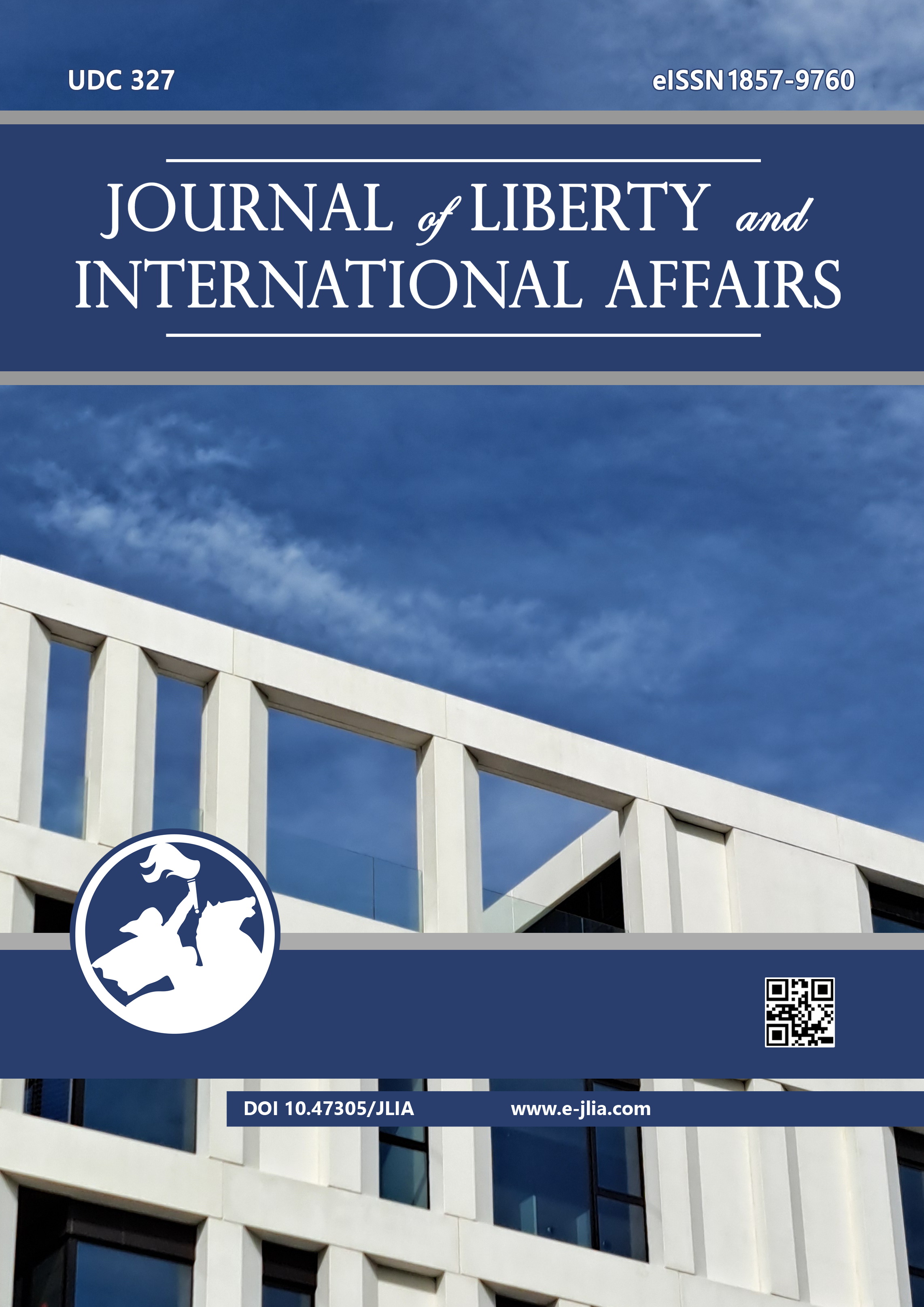
The subject of this paper is irregular migration and modern models of preventing the smuggling of migrants on the part of the Western Balkan route through the Republic of Serbia. The goal is to show how the new strategic approach of the Serbian police in this area can give excellent results, that the application of modern methods of policing and technical means are aimed at preventing the smuggling of migrants, i.e., the illegal movement and transport of migrants across the state border and state territory to go to countries of the European Union. Based on the conducted research, the authors have drawn certain conclusions: 1) effectiveness, efficiency, and economy in the area of suppression of irregular migration can be achieved by applying an adequate criminal strategy, 2) the new strategic approach led to the discovery and arrest of a large number of people smugglers and the discovery of illegal firearms, 3) the use of modern technical means, coordinated, joint work of different police units and management from a single center by a strategic level manager directly in charge of combating irregular migration and human smuggling in a particular area (territory) which is estimated to be a hotspot of criminal activity, is a prerequisite for success.
More...